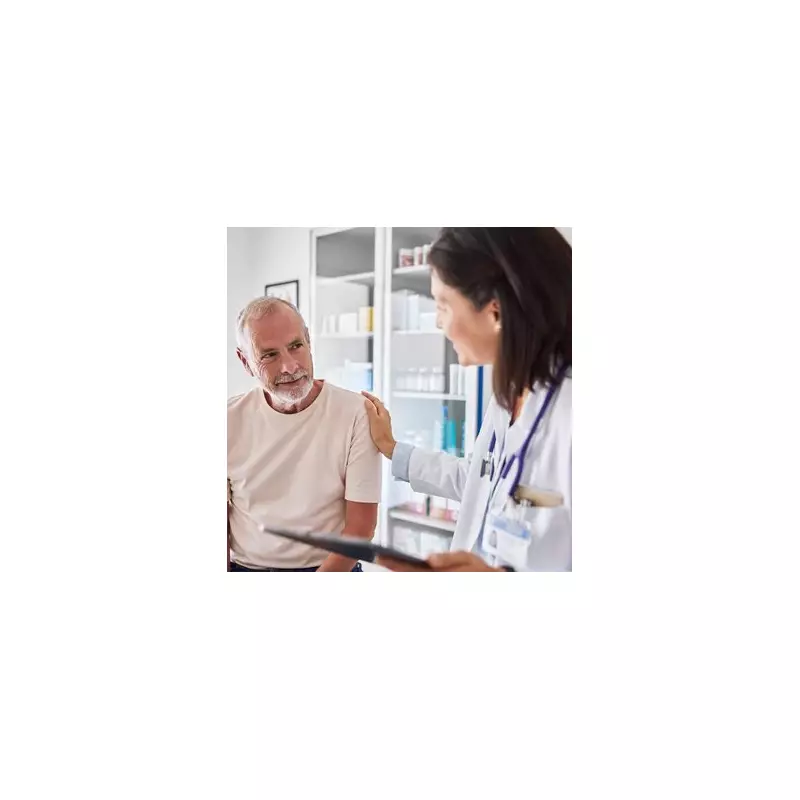
In a landmark move set to transform healthcare access for millions, the NHS has rolled out its ambitious Pharmacy First initiative across England. This revolutionary scheme empowers local pharmacists to diagnose and treat seven common health conditions, dramatically reducing the need for GP appointments and easing pressure on overstretched primary care services.
What Conditions Can Pharmacists Now Treat?
The expanded service enables qualified pharmacists to provide clinical advice and NHS-funded treatment for:
- Sinusitis
- Sore throat
- Earache
- Infected insect bites
- Impetigo
- Shingles
- Uncomplicated urinary tract infections in women
How the New System Works
Patients experiencing symptoms of these conditions can now walk into any participating pharmacy for a confidential consultation. After an assessment, pharmacists can supply appropriate NHS medication without the patient needing to see their GP first.
This isn't just about convenience - it's about creating a more efficient healthcare system. With over 10,000 community pharmacies across England, most people live within a 20-minute walk of one, making healthcare more accessible than ever before.
Benefits for Patients and the NHS
The scheme promises multiple advantages:
- Faster access to treatment - no more waiting weeks for GP appointments
- Convenient locations - extended opening hours including weekends
- Reduced pressure on GPs - freeing up millions of appointments
- Expert care - pharmacists are highly trained healthcare professionals
A Step Toward Modernising Healthcare
This initiative represents one of the most significant changes to NHS primary care in recent years. Health officials estimate the scheme could eventually free up to 10 million GP appointments annually, allowing doctors to focus on more complex medical cases while ensuring patients receive timely treatment for common ailments.
The rollout follows successful pilot schemes and comes as part of the NHS Primary Care Recovery Plan, demonstrating the health service's commitment to adapting and improving patient care in the face of growing demands.





